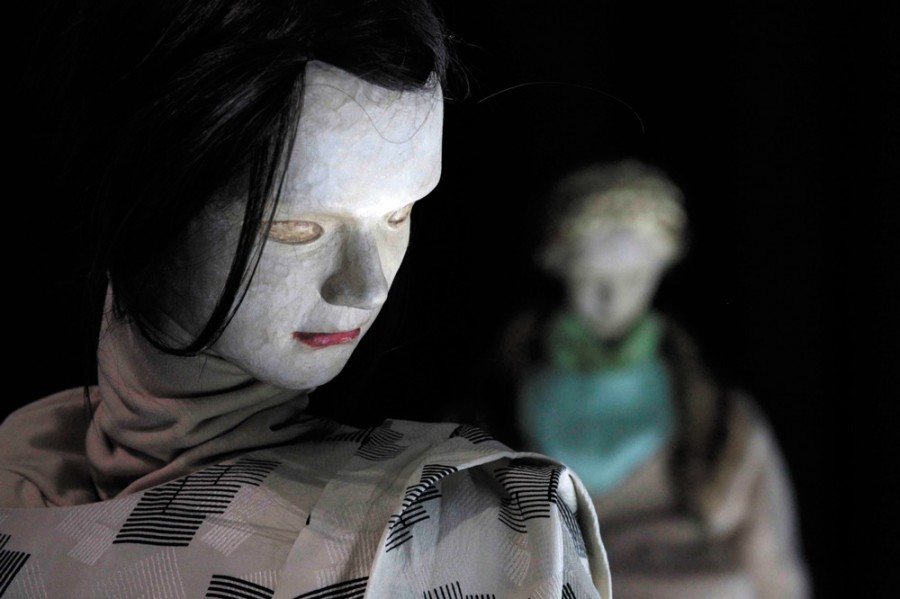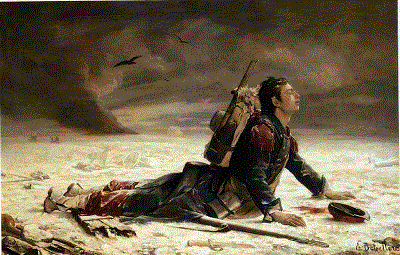
So many stories about identity! The word does not appear in Greek epic or tragedy. Identity at the time of Antigone is based on lineage and belonging to a city. Identity was impregnated with rootedness. The family and the city brought together under a virtual banner all of what the other was to know about himself during a first meeting. During antiquity, no one proclaimed his identity or promulgated it, and no one decided on his identity. It wasn't about putting on a costume. Men depended on their identity. Identity was like a charge, we had to be worthy of it. It established being and becoming. The modern era has made it an issue, because it has transformed identity into having, a sort of asset which one can dress up or discard. In its modern fantasy of believing that we can choose everything all the time, the modern era has relentlessly replaced being with having. Yet this logic, this ideology has its limits: some things cannot be acquired, among them: otherness. Living one's identity, being what one is, inhabiting one's name , allowing intimacy and therefore knowledge and deepening of one's being, these are the sine qua non conditions for an encounter with the other. The first difference between Creon and Antigone is located in this precise place, the ground on which the fight is built, Antigone preserves anchored in her this gift of the elders, of the gods, this rootedness which defines the authority to which she leans for stand up to this man, his relative, the king, who espouses the will to power and finds himself blinded by it to the point of hearing only his own voice, its echo. Continue reading “Antigone, rebellious and intimate (6/7. The vocation)”



